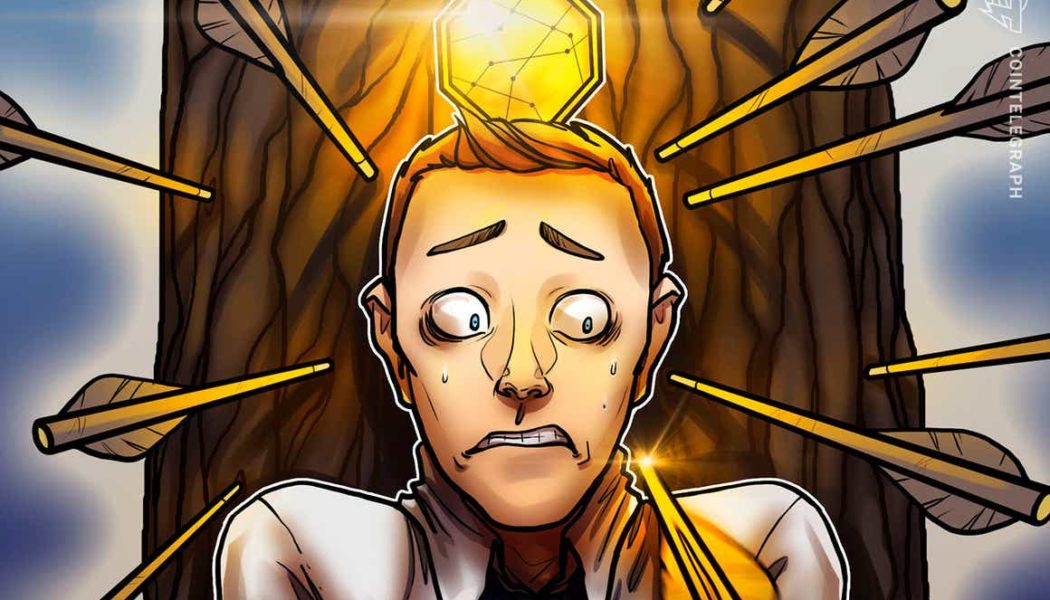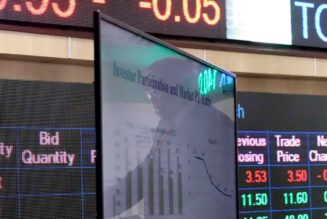
Robinhood’s chief legal officer Dan Gallagher described the idea of creating a new digital asset regulator was “just plain silly” at a conference on Nov. 17.
Robinhood is a popular commission-free trading app that offers digital assets, and rival crypto asset exchange Coinbase put foward the idea of a new regulator in October.
Gallagher told attendees at the Georgetown University Financial Markets Quality Conference that “it doesn’t make sense” to add additional agencies to “the alphabet soup of Washington.”
He went on to say that attempting to transfer authority from agencies like the Securities and Exchange Commission (SEC) and Commodity Futures Trading Commission (CFTC) to another regulator was “one of the stupidest ideas I’ve heard in this space in a long time.”
Gallagher previously served as a commissioner on the Securities and Exchange Commission during the Obama administration. He was speaking as part of the Future of Digital Assets Panel at the conference.
While he didn’t specifically mention Coinbase, the criticism was implied. On Oct. 14, Coinbase proposed a new federal regulatory body. Coinbase Chief Policy Officer Faryar Shirzad worte:
“To avoid fragmented and inconsistent regulatory oversight of these unique and concurrent innovations, responsibility over digital assets markets should be assigned to a single federal regulator.”
Gallagher said Robinhood has taken a more conservative approach than Coinbase to avoid getting into regulatory hot water. Where Coinbase supports 51 different cryptocurrencies, Robinhood only supports seven.
“We have to be very careful and deliberate,” he said. “You can’t just be taking on new coins if by the next day some regulator is going to call them a security.”
Currently, the digital asset space is monitored by a number of government agencies, including the SEC and CFTC. The SEC deals with the regulation of securities like stocks and shares. It remains a hot topic of debate whether many cryptocurrencies count as securities or commodities.
Describing the current regulatory climate for digital asset exchanges, Gallagher said: “It’s a very tense situation, and it does call for regulatory clarity which we haven’t seen yet.”
Related: Law Decoded: Crypto cities, investor protection nation, Nov. 8–15
“You can’t just rush into whatever makes the most sense. You have to take on board what your current regulators might think of this new technology.”
Rather than creating an additional regulator, Gallagher suggested that the solution would be for the SEC, CFTC and FINRA “to create a regime with existing authority that’s light touch enough and recognizes the benefits of the technology.”
“You have to take into account entities in a regulatory framework that allows firms, companies, enterprises, individuals to be in a market where sometimes it’s a security, sometimes it’s not. Sometimes it’s a commodity, sometimes it’s not. Right? And not worry that there’s going to be some gotcha that comes after you post facto.”
On Oct 27, CFTC acting chair Rostin Behnam suggested during his confirmation hearing that the agency is tasked with overseeing 60% of the digital asset market as the “primary cop on the beat.”










